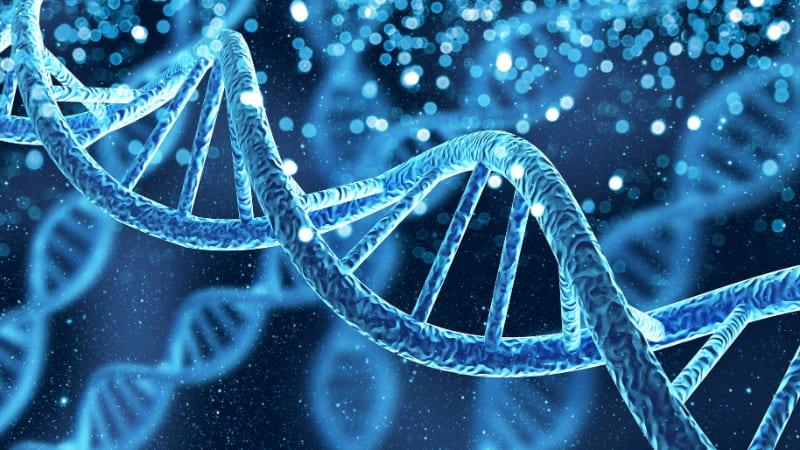
Hoyeraal-Hreidarsson syndrome
This syndrome is a severe form of dyskeratosis congenita with poor growth inside the womb, microcephaly (small head), and pancytopenia (low numbers of all blood cells).

The more you understand about primary immunodeficiency (PI), the better you can live with the disease or support others in your life with PI. Learn more about PI, including the various diagnoses and treatment options.

Living with primary immunodeficiency (PI) can be challenging, but you’re not alone—many people with PI lead full and active lives. With the right support and resources, you can, too.

Be a hero for those with PI. Change lives by promoting primary immunodeficiency (PI) awareness and taking action in your community through advocacy, donating, volunteering, or fundraising.

Whether you’re a clinician, researcher, or an individual with primary immunodeficiency (PI), IDF has resources to help you advance the field. Get details on surveys, grants, and clinical trials.

This syndrome is a severe form of dyskeratosis congenita with poor growth inside the womb, microcephaly (small head), and pancytopenia (low numbers of all blood cells).
This syndrome is a severe form of dyskeratosis congenita with X-linked inheritance, and individuals have poor growth inside the womb, microcephaly (small head), pancytopenia (low numbers of all blood cells), and especially decreased natural killer cells. The disease generally presents in early childhood and primarily affects males. Patients experience a progressive loss of cellular and humoral immunity and are thus susceptible to infections by virtually any pathogen. Accurate diagnosis of dyskeratosis congenita (DC) is critical to ensure proper clinical management because patients who have DC and bone marrow failure do not respond to immunosuppressive therapy and may have increased morbidity and mortality associated with hematopoietic stem cell transplantation.
Read the latest research on Hoyeraal-Hreidarsson syndrome on PubMed. Note that not all publications listed in PubMed are freely available; some require a subscription to the publishing journal.
Browse researchSee if you qualify to participate in clinical trials evaluating new treatments and/or diagnostics for Hoyeraal-Hreidarsson syndrome.
Some patients with less common cellular immunodeficiencies may have severe immunodeficiency with early onset and significant morbidity and mortality, while others have only mild problems. Patients with these types of deficiencies have some defect in their T cell (cellular) immune system, resulting in a different spectrum of infection problems than those individuals with typical antibody deficiency. These include deep-seated bacterial infections, viral and fungal infections, tuberculosis, and other mycobacterial infections. Cellular immunodeficiencies are usually more difficult to treat and may need cellular reconstitution via hematopoietic stem cell transplantation or, perhaps, gene therapy.
This page contains general medical and/or legal information that cannot be applied safely to any individual case. Medical and/or legal knowledge and practice can change rapidly. Therefore, this page should not be used as a substitute for professional medical and/or legal advice. Additionally, links to other resources and websites are shared for informational purposes only and should not be considered an endorsement by the Immune Deficiency Foundation.
Adapted from the IDF Patient & Family Handbook for Primary Immunodeficiency Diseases, Sixth Edition.
Copyright ©2019 by Immune Deficiency Foundation, USA
Receive news and helpful resources to your cell phone or inbox. You can change or cancel your subscription at any time.





The Immune Deficiency Foundation improves the diagnosis, treatment, and quality of life for every person affected by primary immunodeficiency.
We foster a community that is connected, engaged, and empowered through advocacy, education, and research.
Combined Charity Campaign | CFC# 66309
